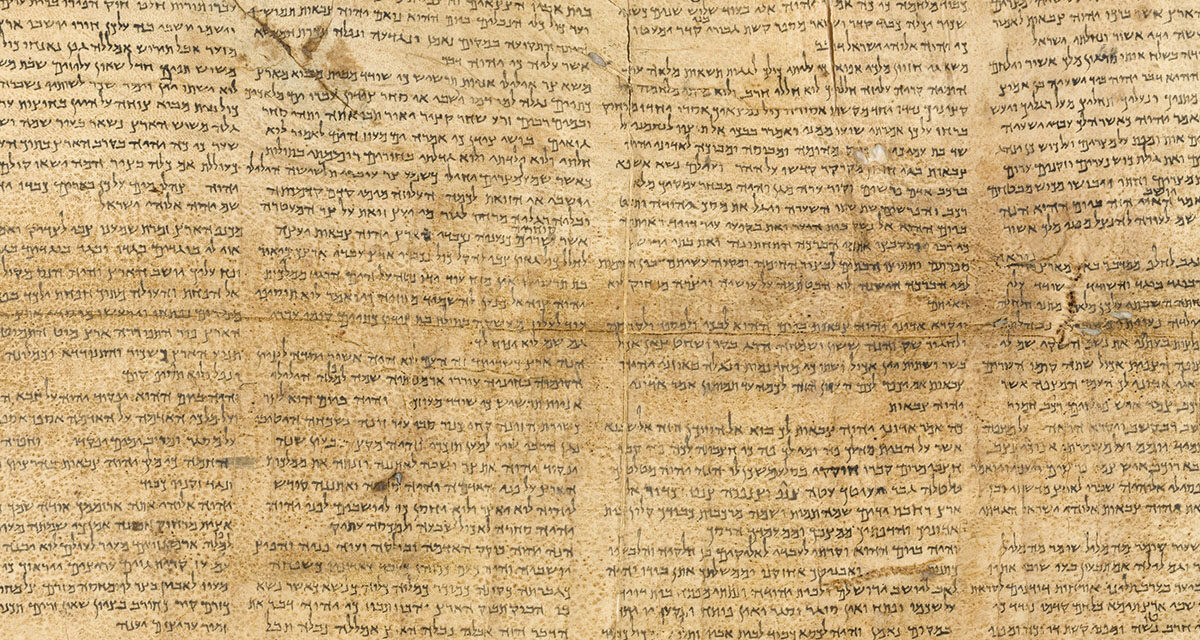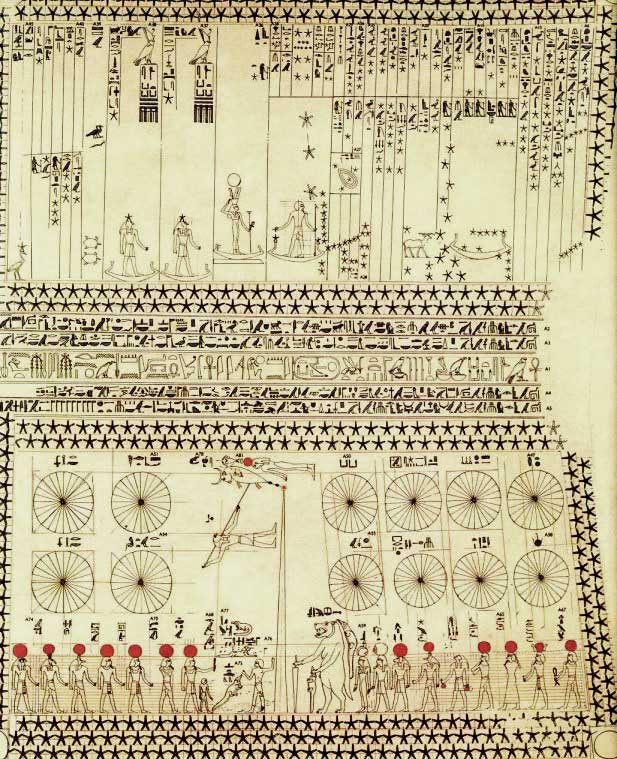When the Dead Sea scrolls were found in 1947, there was a shroud of secrecy over them, and the general public was not allowed to see them. Some Religions of the day thought they might conflict with what they had already set as dogma. Some of the Dead Sea Scrolls began to come forward in the 1980s when the Biblical Archaeology Review began to publicly mount a campaign to access them.
In the Pearl of Great Price, the Lord shows Abraham with the aid of the Urim and Thummim, all the stars and planets, the order of the governing planets, and an explanation about “time.” Actually, God tells Abraham a lot about “time” — the law of relativity. The flow of time varies from one location to another. Time is relative. Time on planet earth is different than time on another planet. And Abraham learned this concept before Einstein. (The Book of Abraham 3: 4-5)
Then the Lord explains, “Abraham, I show these things unto thee before ye go into Egypt, that ye may declare all these words.”
I guess that’s why Hugh Nibley spent so much time studying Egyptian texts. Abraham had gone into Egypt to live, and he brought this knowledge with him. Some of the truth prevailed.
Nibley’s final work is called One Eternal Round. He died before he finished it, but Michael D. Rhodes stepped up and agreed to sort through the years of work that Nibley had piled up on the subject. Rhodes said that he felt prompted to finish the book, and after he told Nibley that he would do it, Brother Hugh Nibley passed onto the next life.
He died before he finished it, but Michael D. Rhodes stepped up and agreed to sort through the years of work that Nibley had piled up on the subject. Rhodes said that he felt prompted to finish the book, and after he told Nibley that he would do it, Brother Hugh Nibley passed onto the next life.
The book has insights into Egyptian pharaohs, as well as Hopi ceremonies and the intertwining of myth and history. There is so much in it that you will have to read it more than once. One Eternal Round has given me much to ponder and fits well into my model of the plan of salvation being one eternal round.
Originally published July 2015, updated Feb 2021.


